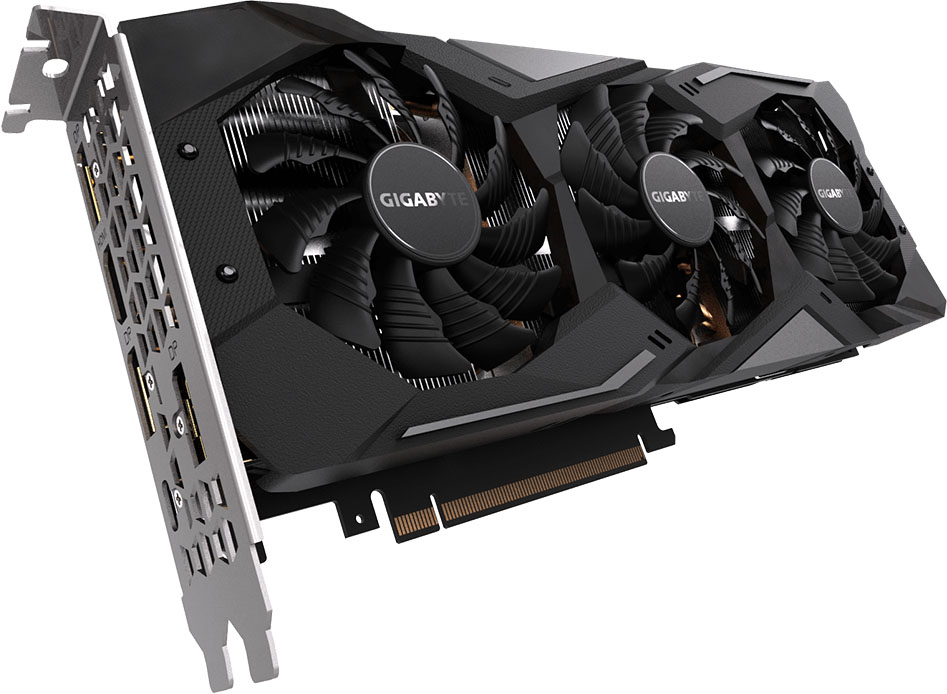Gigabyte GeForce RTX 2070 Gaming OC 8G Review: Faster Than Nvidia's FE Alternative
Why you can trust Tom's Hardware
Conclusion
Gigabyte’s GeForce RTX 2070 Gaming OC 8G is both faster and less expensive than Nvidia’s Founders Edition card. For many gamers, that’s all it takes to warrant a recommendation. We do like that Gigabyte built an affordable RTX 2070 on a long PCB with affixed power connectors and an eight-phase power supply. In comparison, Nvidia’s version employs a shorter board, six-phase power for its GPU, and a single eight-pin power connector attached via wires soldered to four pads.
There are cheaper RTX 2070 cards than Gigabyte's 2070 Gaming OC, if you’re able to tolerate a TU106 processor binned for lower clock rates. And we are partial to Nvidia’s cooler. It doesn’t offer semi-passive operation like Gigabyte's Windforce 3X, but it’s nice and compact, operates quietly under load, and keeps the GPU at a lower temperature. In comparison, the thermal solution on Gigabyte’s 2070 Gaming OC 8G is thinned out to fit in a two-slot footprint. And its smaller 80mm fans have to spin quickly to keep up with TU106’s heat.
Exacerbating the situation is a stock power ceiling that appears to be about 40W higher than Nvidia’s own board. An elevated GPU voltage allows Gigabyte to hit aggressive clock rates, but it also results in more heat for the fans to cope with. This situation compounds once you button the card up into a closed chassis. In a worst-case scenario, GPU temperatures reach 80 degrees Celsius, the fans spin at almost 2,700 RPM, and the core clock rate drops under Nvidia’s 1,620 MHz reference.
Fortunately, most games won’t impart the thermal load we get from FurMark. While you may hear the 2070 Gaming OC 8G’s fans spin up, they’re able to keep this card cool enough for GPU Boost frequencies beyond what’s written on Gigabyte’s spec sheet. And at the end of the day, more performance for less money is what gets us excited.
The graphics card market is much different today than it was when Nvidia’s Turing-based GPUs were first introduced. To start, high-end boards with previous-gen Pascal processors on them are pretty much ancient history. That means no more bargains on leftover GeForce GTX 1080s and 1080 Tis. At the same time, third-party RTX 2070 and 2080 cards are more plentiful. Value-wise, they’re now comparable to the cards they replace, offering a bit more performance at a slightly higher price. In that context, Gigabyte’s GeForce RTX 2070 Gaming OC 8G is positioned well: It’s faster than a GeForce GTX 1080, armed with a more modern architecture, and priced comparably. If you’re gaming at 2560 x 1440 with quality settings cranked up, the 2070 Gaming OC 8G is an ideal candidate. Just be sure to drop it into a case with plenty of airflow. The overburdened Windforce 3X cooler will thank you.
MORE: Best Graphics Cards
MORE: Desktop GPU Performance Hierarchy Table
Get Tom's Hardware's best news and in-depth reviews, straight to your inbox.
MORE: All Graphics Content

